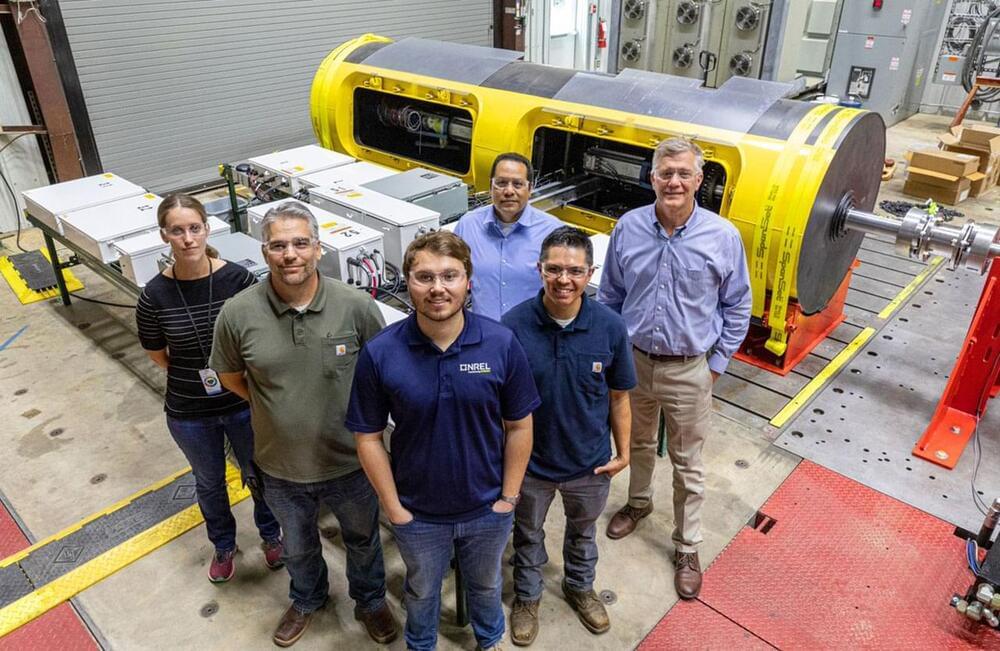In Hawaii, project partners, including Saab, a world leader in electric underwater robotics, the National Oceanic and Atmospheric Administration (NOAA), and BioSonics, will pair the SeaRAY AOPS with their electronics, which collects data on methane and carbon levels, fish activity, and more. Normally, autonomous underwater vehicles like Saab’s need power from a topside ship that emits about 7,000 cars’ worth of carbon dioxide per year.
“With Saab,” Lesemann said, “we’re looking to show that you can avoid that carbon dioxide production and, at the same time, reduce costs and operational complexity while enabling autonomous operations that are not possible today.”
The SeaRAY autonomous offshore power system has about 70 sensors that collect massive amounts of data. SeaRAY’s wave energy converter uses two floats, one on each side, which rolls with the ocean waves and connects to a power take-off system – a mechanical machine that transforms that motion into energy. This system then runs a generator that connects to the seabed batteries, a storage system that NREL will also test before the sea trial.
